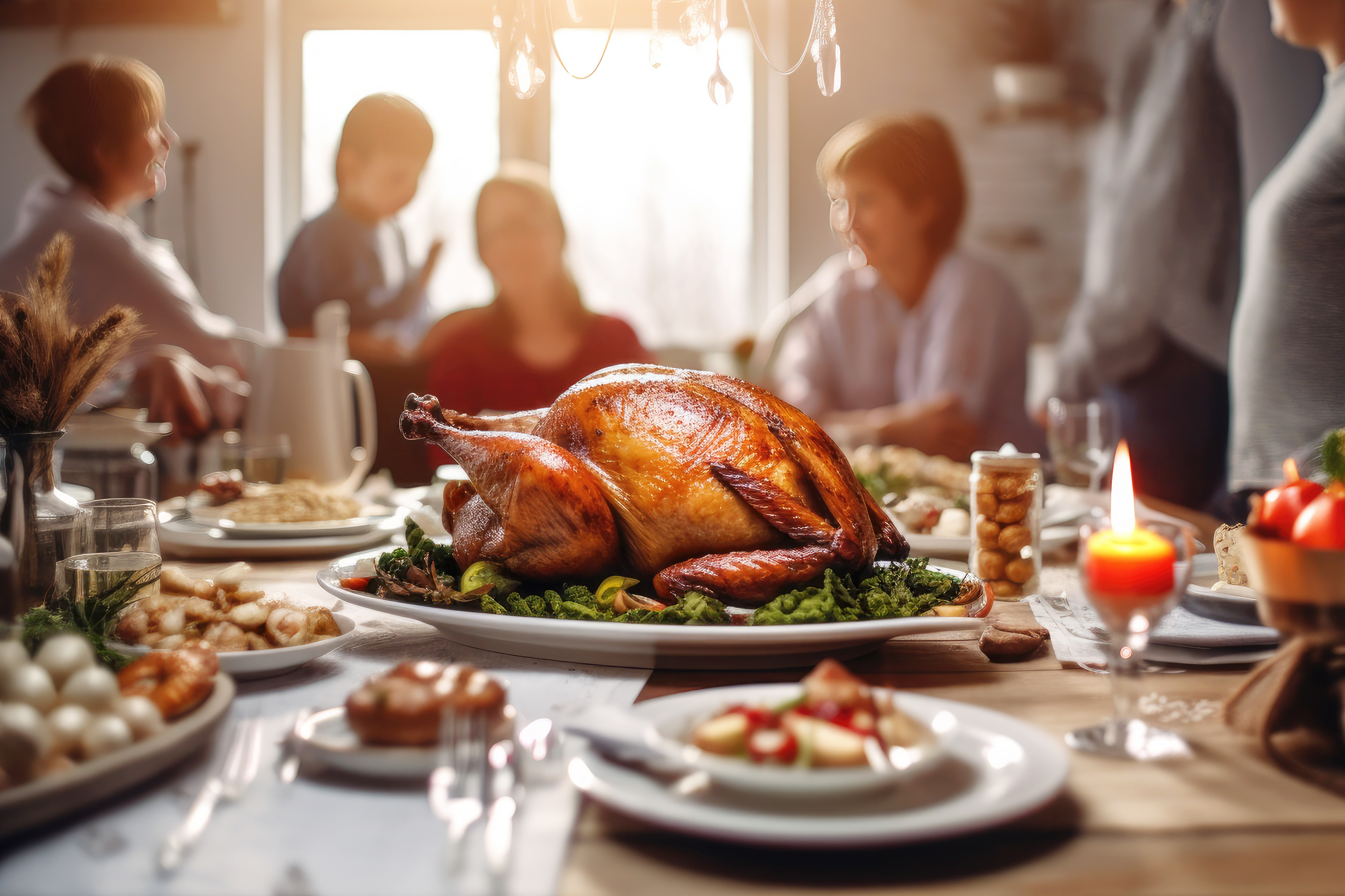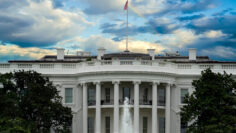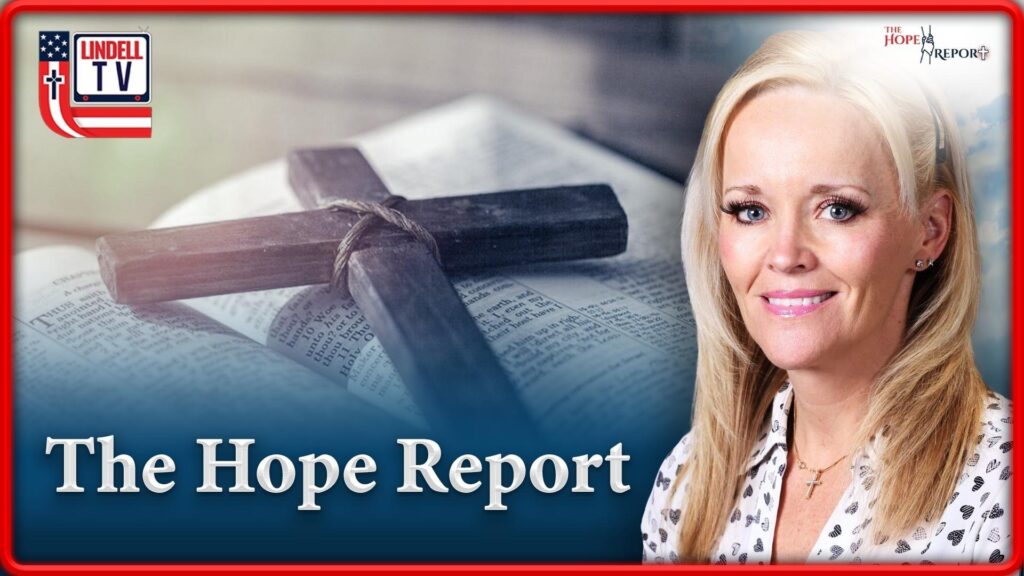
Should we “decolonize” Thanksgiving?
By Easton Martin | November 26, 2025
The idea that we should abandon or “decolonize” Thanksgiving misunderstands its history and strips away what makes it valuable. This growing trend of seeking to “decolonize” holidays, practices, and cultures is a disease that fails to recognize true progress, and tear down the very foundation of a progress that is worth celebrating. Thanksgiving is a holiday often targeted by peddlers of decolonization and social justice, but often the impetus for tearing down this holiday is rooted in myth and misunderstanding.
The first Thanksgiving in 1621 was not a celebration of conquest. It was a fragile moment of cooperation between the Pilgrims and the Wampanoag people, both facing hardship and uncertain futures. The feast took place because Native Americans had helped the English survive, and because both sides saw mutual benefit in peace. That does not erase later conflicts and injustices, but it does mean the holiday’s historical roots are not in hatred or domination. The very first Thanksgiving was a shared table.
Efforts to “decolonize” Thanksgiving often replace actual history with oversimplified narratives that remove Native agency and turn the Wampanoag into helpless victims. In reality, they were diplomats making strategic choices. Acknowledging their strength and intelligence honors them more than rewriting the past through a modern ideological lens.
Thanksgiving also became a national tradition during the Civil War, when President Lincoln called Americans to set aside division and give thanks. It has since become a day when millions gather with family, pause work, and reflect on what they are grateful for. There is nothing oppressive about that. Gratitude is universal. What is indeed oppressive is failing to recognize that gratitude when rightly practiced sets you free from pride.
Rather than dismantling the holiday, we should celebrate it with honesty. We should remember the Wampanoag who helped the newcomers survive. We should give thanks for blessings in our own lives. And we should uphold a tradition that encourages unity instead of resentment.


























